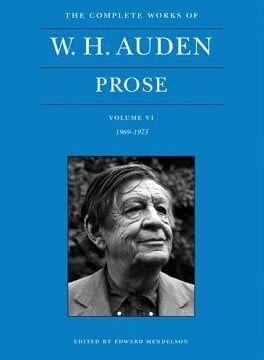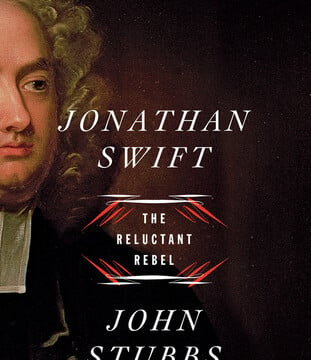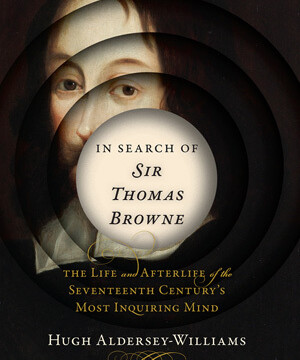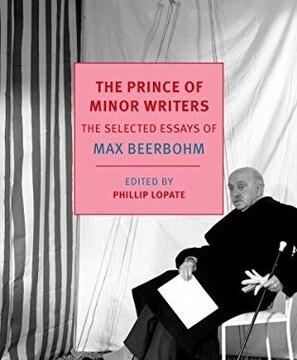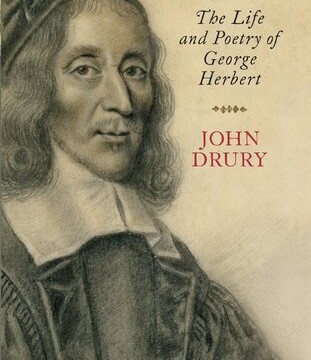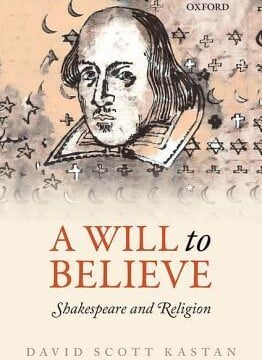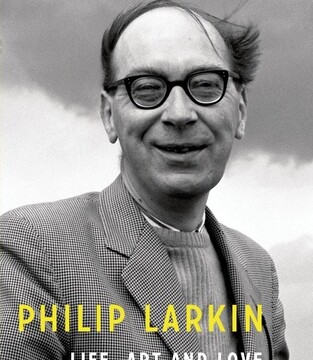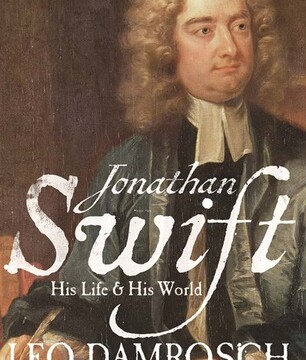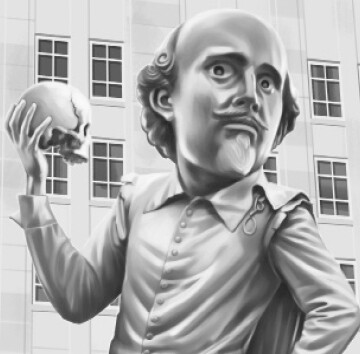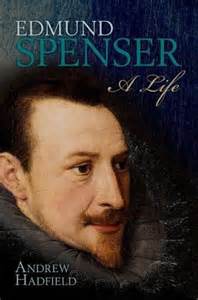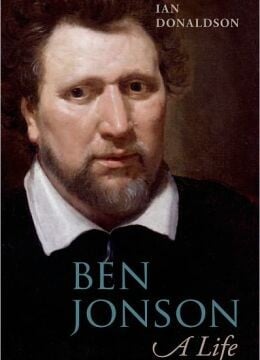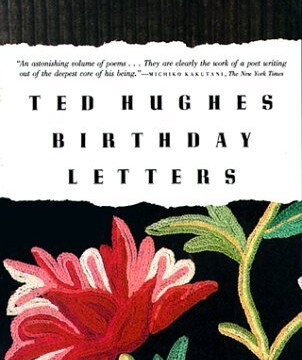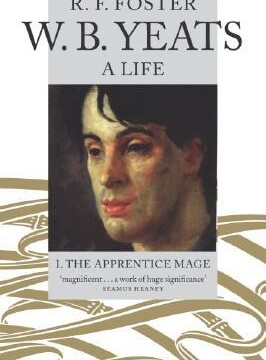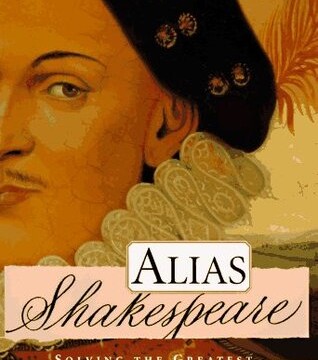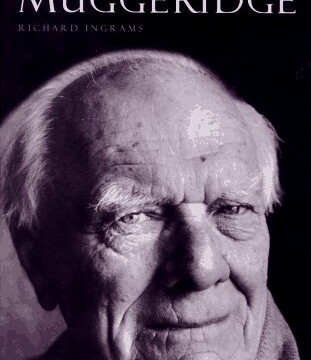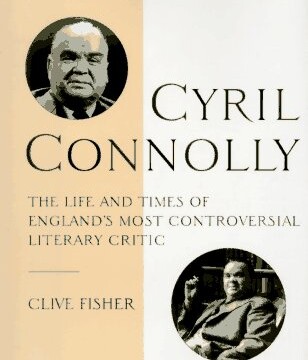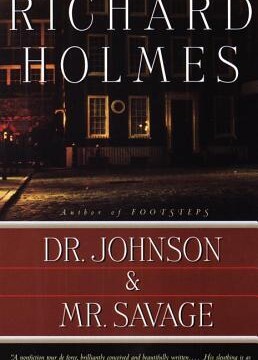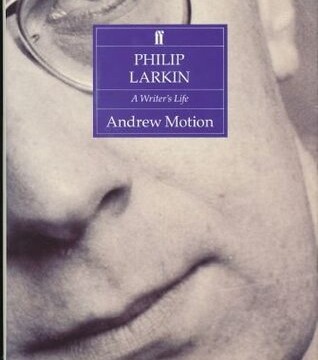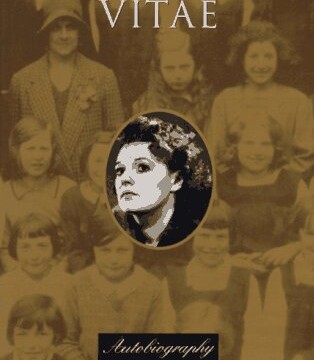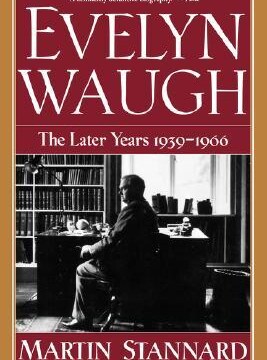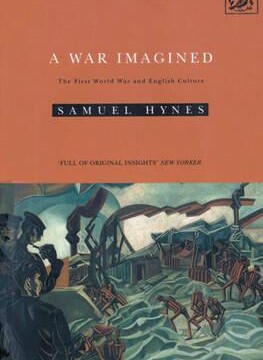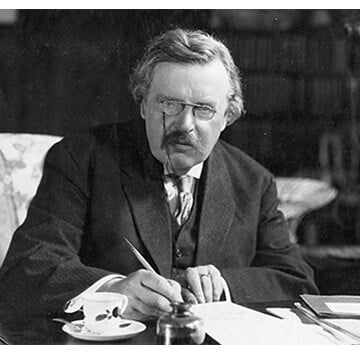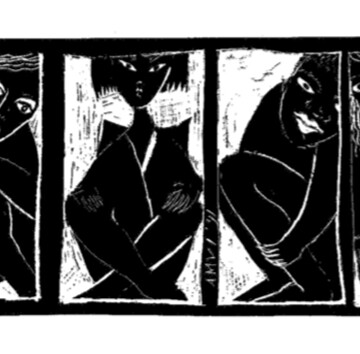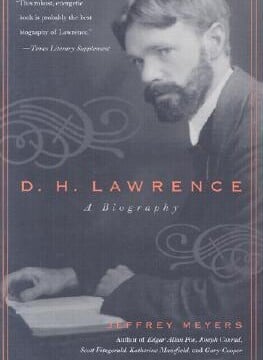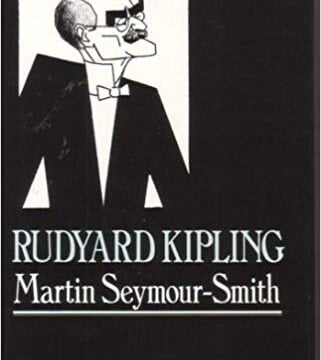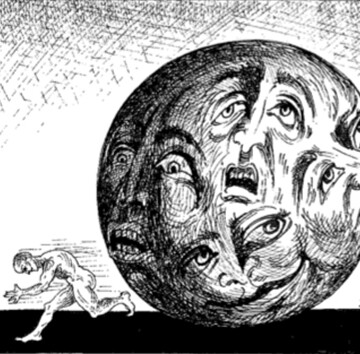With the publication of volumes V and VI, the Princeton edition of W.H. Auden’s collected prose is complete in almost 5,000 pages, covering over 45 years of a writing life. These final volumes cover the last ten years of Auden’s life, from 1963 to 1973. They are handsomely presented, and the helpful introductions and notes...
Author: Frank Brownlow (Frank Brownlow)
Still Unexplained
Jonathan Swift (1667-1745), dean of St. Patrick’s Church of Ireland cathedral in Dublin, was a most remarkable man. To begin with, he wrote two of the cleverest, most original books in English, Gulliver’s Travels and A Tale of a Tub, in prose that David Hume described as “the first polite prose we have,” i.e., the...
Sharia, Not Shakespeare
When Allardyce Nicholl, then professor of English at Birmingham University, founded the Shakespeare Institute at Stratford-upon-Avon in 1951, he intended from the beginning that it should have an international flavor. When I was a student there in the late 50’s, there were always some international students in residence—Indians, Yugoslavs, a Greek, and a number of...
Kidnapped
This book was first published in England as The Adventures of Sir Thomas Browne in the 21st Century. Neither title describes the book very accurately. It is really an extended meditation on Browne’s life and interests as they strike a 21st-century science writer who likes to ride a bicycle and who, like Browne, lives in...
The Incomparable Max
Sir Max Beerbohm, 1872–1956, was a famous caricaturist with a style very much his own. He was a successful author, too, though not a prolific one: a book of stories (Seven Men), a set of parodies (A Christmas Garland), and one fantasy novel (Zuleika Dobson) make up the sum of his output for most people. ...
My Only Light
One of the things that James VI of Scotland liked about becoming James I of England—apart from the money—was that as head of the Church of England he would never be bossed about by a Scotch Calvinist minister again. Moreover, unlike his predecessor Elizabeth I, who never cared much for that aspect of her job,...
The Academic Shakespeareans
The last 30 years or so have seen a remarkable shift in the understanding of English religious history at the time of the Reformation. There has always been a fringe minority of dissenters from the mainstream narrative of what Tennyson called England’s “rough island story,” but now some impeccably credentialed historians, among them Christopher Haigh...
Mismatch
Philip Larkin, the poet-librarian of Hull University, died December 2, 1985, over 29 years ago. In the years since Andrew Motion published the first biography (1993), and Anthony Thwaite published both the first complete edition of the poems (1989) and the first collection of letters (1992), a small industry has grown up devoted to the...
Speaking as an Irishman
If the best advice one can give an aspiring writer of prose is to study the best models, then Jonathan Swift’s prose, as a lot of people who should know agree, provides the best model of all in English. A sentence by Swift is a miniature work of remarkable art: But when a man’s fancy...
The Left’s Long March
On June 2, FOX News’s The Five were discussing the Harvard commencement speech of ex-mayor Michael Bloomberg, in which he pointed out that something like 95 percent of the faculty had supported Obama. Their discussion ended with Bob Beckel, the program’s voice from the left, wondering why so few conservatives went into college teaching, and...
An Epic Bogosity
Edmund Spenser (1554-99) decided while still a student to make himself into the great English poet on the model of Vergil. So he began his publishing career with a set of 12 pastorals, and planned an enormous 24-book allegorical romance-epic, The Faerie Queene, to glorify Elizabeth I and her Britain as Vergil had glorified Rome...
An Unruly Character
In his own time “Rare Ben Jonson”—sometime bricklayer, soldier, actor, dramatist, poet, critic, self-publicist, and personality—became a celebrity. When, at the age of 46, and weighing about 280 pounds, he set off to walk from London to Edinburgh, the houses of the wealthy and fashionable were opened to him, and—as this biography tells us—even ordinary...
Of Genes, Vowels, and Violence
Why do the British speak English and not a variety of Welsh? Philip Jenkins, having fallen under the sway of a Harvard medieval historian, Michael McCormick, believes it is because the invading Germans of the fifth and sixth centuries killed all the Celtic-speaking male Britons in what is now England. (See “Once There Was a...
Exterminating Fantasies
“[Socialism is] the combination of religious sentimentality, industrial insanity, and moral obliquity.” —F.J.C. Heamshaw Some years ago, George Watson wrote two remarkable articles for Chronicles describing how the Soviets, those heroes of socialist resistance to fascism, carried on using German concentration camps for their original purposes until the early 50’s (“Buchenwald’s...
The Leading Man
On June 16,1956, Ted Hughes married Sylvia Plath in London. He was a recent graduate of Cambridge University, working for the J. Arthur Rank Organization; she, a Smith College graduate at Cambridge on a Fulbright scholarship. Both were poets. The marriage lasted six years and produced two children. In late summer 1962 the couple separated,...
A Life in Themes
By any assessment, W.B. Yeats was an extraordinary man who led a more active and varied life than most poets. As R.F. Foster says, he was “a poetic genius who was also, both serially and simultaneously, a playwright, journalist, occultist, apprentice politician, revolutionary, stage-manager, diner-out, dedicated friend, confidant and lover of some of the most...
A Bard, By Any Other Name . . .
“Could Shakespeare give a theory of Shakespeare?” —R.W. Emerson Story-telling is a feature of all societies. If the world is to make sense, if we are to live together in families, cities, nations, if we are to do our daily work, if life is to be livable at all, we must tell...
Recoil and Revulsion
“Ambition and suspicion always go together.” —G.C. Lichtenberg Back in the 1950’s and 60’s, when Malcolm Muggeridge was one of the resident personalities of British television, all over Britain people used to wonder what the origins of such a bizarre figure might be. Many of them would watch solely to be...
Bring Me a Grape
What a peculiar, in some respects downright weird little world this fascinating biography introduces us to. Imagine a very clever, very plain, very spoiled little boy, born at the turn of the century into the intensely competitive upper-middle or lower-aristocratic class in Britain. Conventional success at sports, diplomacy, the professions, or business being ruled out...
Johnson in His Time
Every well-read person used to know Johnson’s Lives of the Poets, and, knowing that collection, knew who Richard Savage was—or at least knew who Richard Savage told people he was. Richard Savage was a minor poet and convicted murderer, a charming rascal and rackety man about town entirely lacking normal instincts of prudence and self-preservation....
That Bestial Visor
“Every good poet includes a critic, but the reverse will not hold.” —William Shenstone In the popular memory the interwar years in Western Europe were a period of instability, inertia, and poverty or, as Auden described the 1930’s, “a low dishonest decade.” One seldom hears about the interesting fact that during those interwar years, in...
A Documented Life
Muriel Spark (1992 winner of the Ingersoll Foundation’s T.S. Eliot Award) is a prolific writer with some 19 novels to her credit as well as volumes of poetry, short stories, criticism, and biography. Yet she was a surprisingly late starter. She was nearly 40 when her first novel, The Comforters, appeared, its theme provided by...
Women and Biographers First!
“One would suffer a great deal to he happy.” —Marly Wortley Montagu To be really successful a modern writer must reach and hold a huge audience, and there seems to be essentially two ways of doing it: the journeyman (or tradesman-like) and the heroic-histrionic. Scott, Trollope, Agatha Christie, and P.G. Wodehouse represent the first way,...
Thoughts of Empire
When Mikhail Gorbachev declared that he was going to withdraw Russian troops from Afghanistan, people were so entranced by his supposed sincerity that they neglected more interesting aspects of the announcement. If it was genuine—and there was no convincing argument for thinking it was not—then it was the first sign, as those familiar with the...
A Myth Imagined
How quickly living tradition turns into history. The Great War of 1914-18.has almost entirely receded from memory. Very few of that generation are alive to tell their stories, and as for their children, they have their own war, the Second World War, to occupy and puzzle their memories. In the minds of the young people...
Sheer Christianity
For a long time after “modern” first came into the language, it was an innocuous little word, the simple opposite of “ancient,” and insofar as it had connotations, they were not very good ones. Shakespeare always used it to mean “commonplace,” with strong suggestions of the slipshod and the second-rate. The Enlightenment and the French...
Business as Usual
“The effects of infantile instruction are, like those of syphilis, never completely cured” —Robert Briffault Shortly before Christmas last, I heard a college president say, gesturing toward a copy of Roger Kimball’s Tenured Radicals, “That book is making my job very difficult.” Evidently, the anti-academic barrage that began in earnest with Allan Bloom’s The Closing...
Raptures of High-Mindedness
Barnard College’s “First Year Seminar Committee” has decided to use a grant from the Ford Foundation to encourage the faculty to use the works of “minority women” in their courses. So reports Herbert London in the Spring 1990 issue of Academic Questions, the journal of the National Association of Scholars. It seems that faculty members...
Death in Disguise
The 1950’s were the high point of D.H. Lawrence’s critical reputation. In those days university English professors were keen teachers of Lawrence’s message of “life” and emotional honesty, and he was a popular subject for undergraduate theses. He now appears less frequently on reading lists, and the other day I heard a highschool teacher say...
Homme Sérieux
Kipling should be a fascinating subject for literary history. He was enormously gifted and successful, the child of a modest, nonconformist Anglo-Scot family that, besides producing him, also produced his cousin, the conservative prime minister Stanley Baldwin. One of his aunts married Edward Burne-Jones; another married Sir James Baldwin, chairman of the Great Western Railway,...
Merlin of the Woods
The matter of the Celts has had a strong hold on the English-speaking imagination for a long time, at least since the publication in the mid-18th century of the forged Poems of Ossian; but it was a symbolic moment of great importance when Matthew Arnold told his Oxford audience how, on a seaside holiday at...
Reading Swift Straight
“A joke is an epitaph on an emotion.” —Nietzsche Telling truth in the form of a lie is one of the odder things human beings do. It is hard to imagine irony in Paradise, and there can certainly be none in Heaven, where we know even as we are known, and there is nothing to...
In Thrall
American professors of literature (or a large number of them) have been in thrall for some time to a body of “literary theory” exported from Europe in the late 60’s. The basic masters are Marx and Freud, followed by de Saussure and Levi-Strauss, and the developers of this property now most in vogue seem to...
National Liberation Literature
“The Devil understands Welsh.” —Shakespeare Years ago, in the North Welsh town of Llanrwst, I bought a copy of Dylan Thomas’ Collected Poems, and a 50-year-old Welshman present, a Baptist, teetotalling, nonsmoking, nondancing insurance agent, said, “A wonderful boy and a great poet: a terrible loss to Wales.” It was the first time I had...
A Spymaster Defects
As a member of the last generation of English middle-class boys brought up on great expectations of prosperity, glamour, and power, John Le Carré first became famous in America when his obsession with the failed promise of his own society supplied an analogy for American middle-class readers jaded by the extravagant claims being made for...
